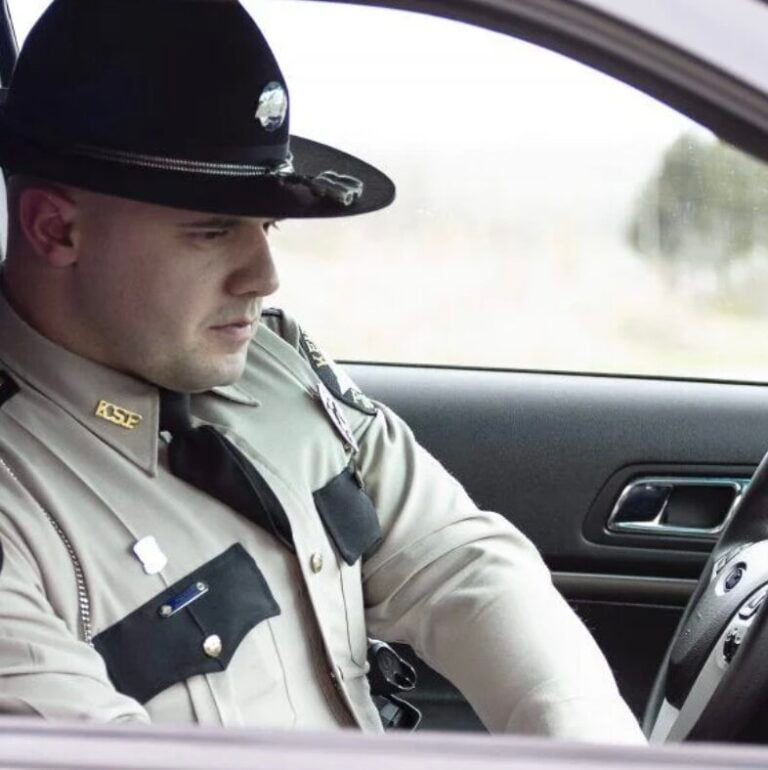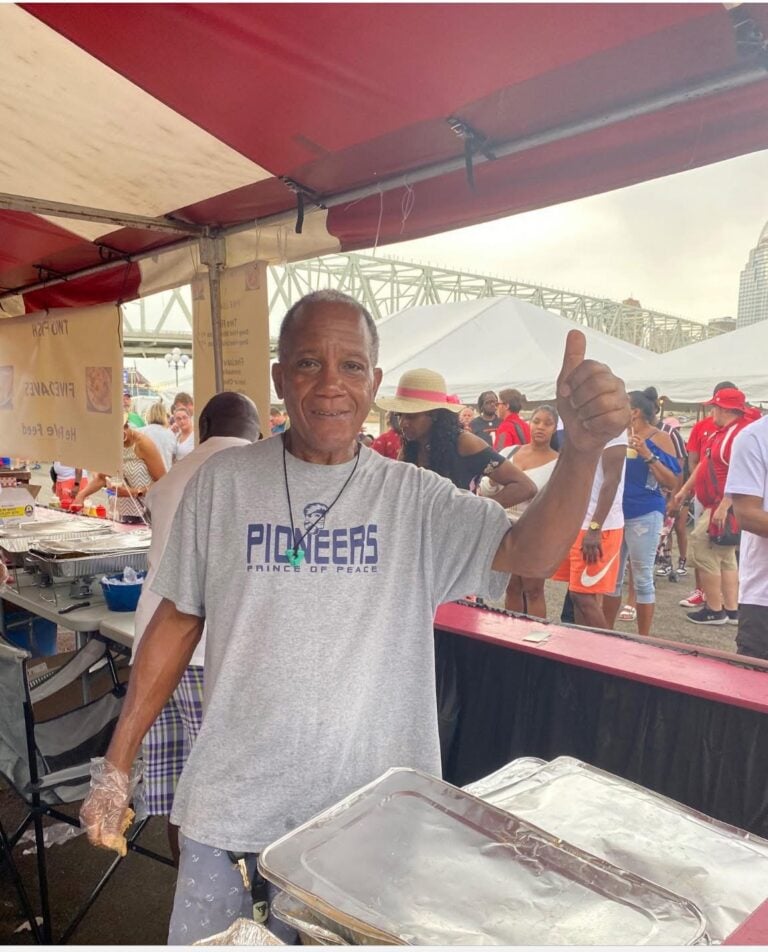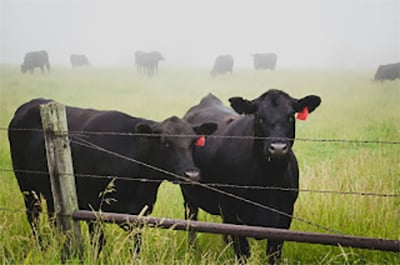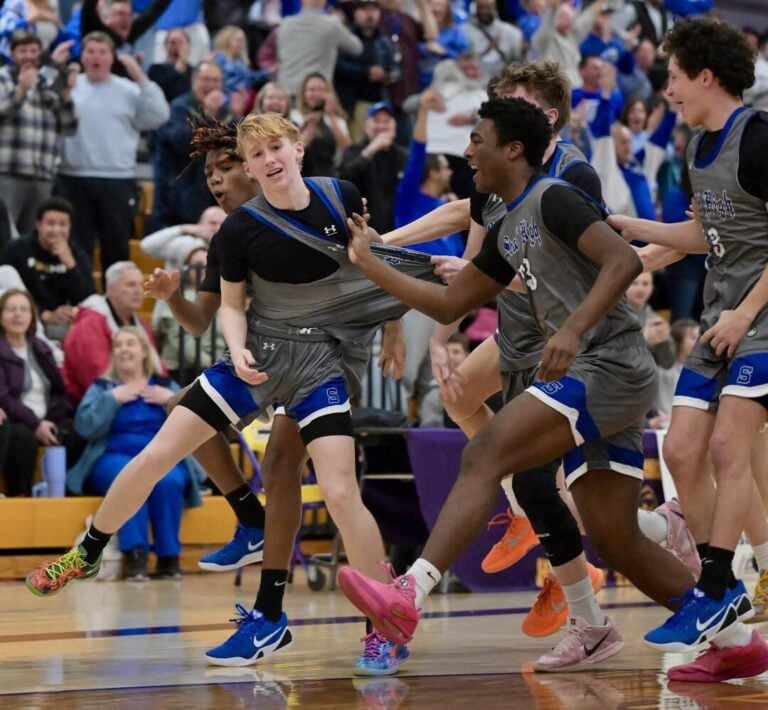A federal court today issued an order barring Kentucky officials from enforcing a law that bans corporations from donating to political campaigns—but allows labor unions to do so.
The court found that the law violated the federal Constitution’s requirement of equal treatment. The lawsuit was brought by the Goldwater Institute on behalf of Protect My Check, Inc..
The law at issue prohibited corporations from donating to parties, candidates, or political committees, but allowed labor unions to contribute up to $1,000 to candidates and up to $2,500 to parties. Unincorporated businesses organized as LLCs were also allowed to make contributions, despite the fact that Kentucky law regards LLCs and corporations as essentially the same.

“Preventing corporations from making political contributions violates the Constitution’s guarantees for freedom of speech,” said Jim Manley, a senior attorney at the Goldwater Institute, who represented Protect My Check. “We’re glad today’s decision ended this unacceptable violation of the Constitution.”
The decision, by Judge Gregory Van Tatenhove of the Eastern District of Kentucky in Frankfort, declares that “corporations, LLCs, and unions are entitled to equal treatment,” and that Kentucky’s ban is “unconstitutional to the extent that any ban on direct corporate contributions does not apply equally to unions and LLCs as well as to corporations.” All businesses will be subjected to the exact same rules going forward, including during the remainder of this election year.
“There’s room to debate many campaign finance regulations, but this is not one of them,” said Goldwater Institute’s Manley. “A total ban on corporations participating in the political process—while their counterparts from the other side of the bargaining table dole out stacks of cash to their preferred candidates and committees—is unfair and unconstitutional.”
The Goldwater Institute represented Protect My Check, Inc., a 501(c)(4) non-profit group that supports local legislators, workers and employers who seek to expand employee rights and create jobs by passing local right to work protections.
Six states ban businesses from making political contributions: Iowa, Kentucky, Massachusetts, Minnesota, Montana, West Virginia. None of these states ban labor unions or other special interest groups from engaging in the political process. In other words, they allow unions to spend millions to promote their political candidates, but forbid businesses that want to support pro-business candidates from doing so, except through independent expenditure groups that are not allowed to coordinate with candidates. The Goldwater Institute is already litigating a similar lawsuit against the Massachusetts ban.
“Corporations contribute to our democratic debate,” said Manley. “Businesses and their owners have every right to express their political beliefs and support candidates—just as labor unions do. Laws like this unfairly put a thumb on the scales by letting one side make contributions that the other side can’t. The First Amendment doesn’t allow government to choose who’s allowed to speak or who’s allowed to campaign. That’s bad for democracy, and it’s unconstitutional.”
A 2011 decision by the U.S. Supreme Court in a case brought by the Goldwater Institute struck down a provision of Arizona’s “Clean Elections Act” that gave taxpayer-funded “matching-funds” to political candidates. That decision eliminated similar provisions in thirteen states.

















